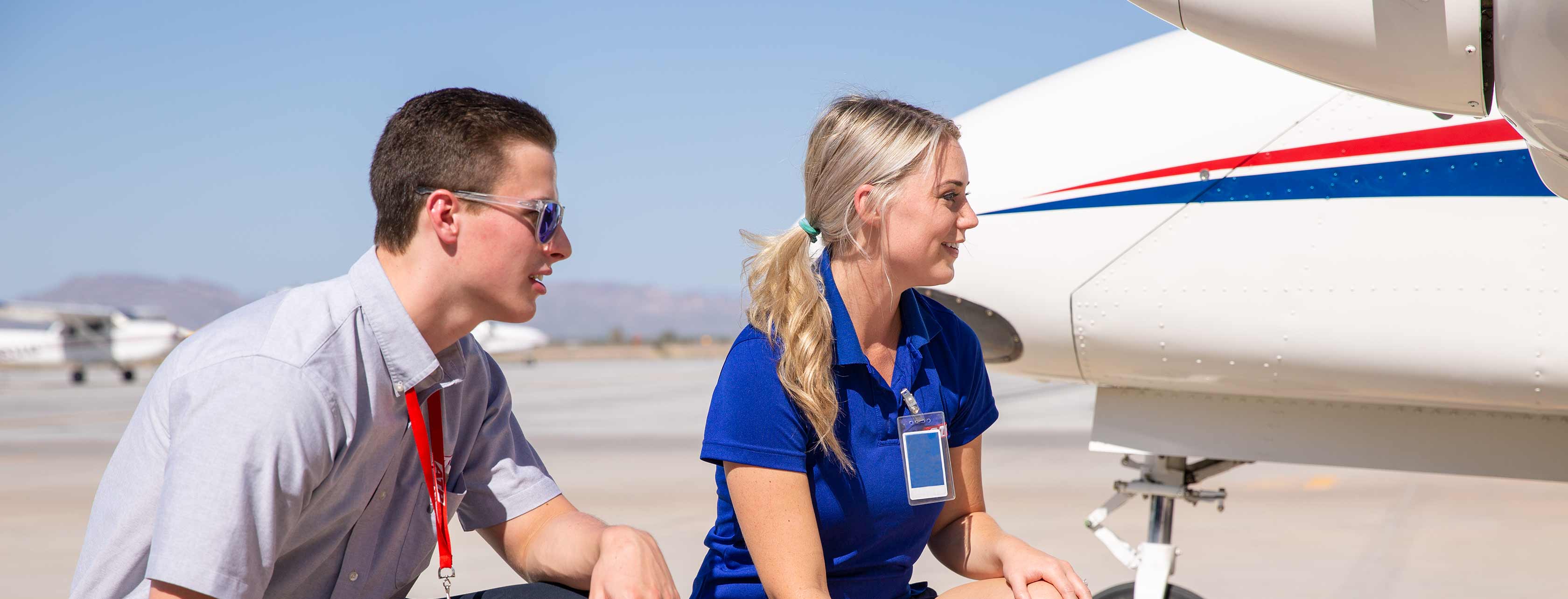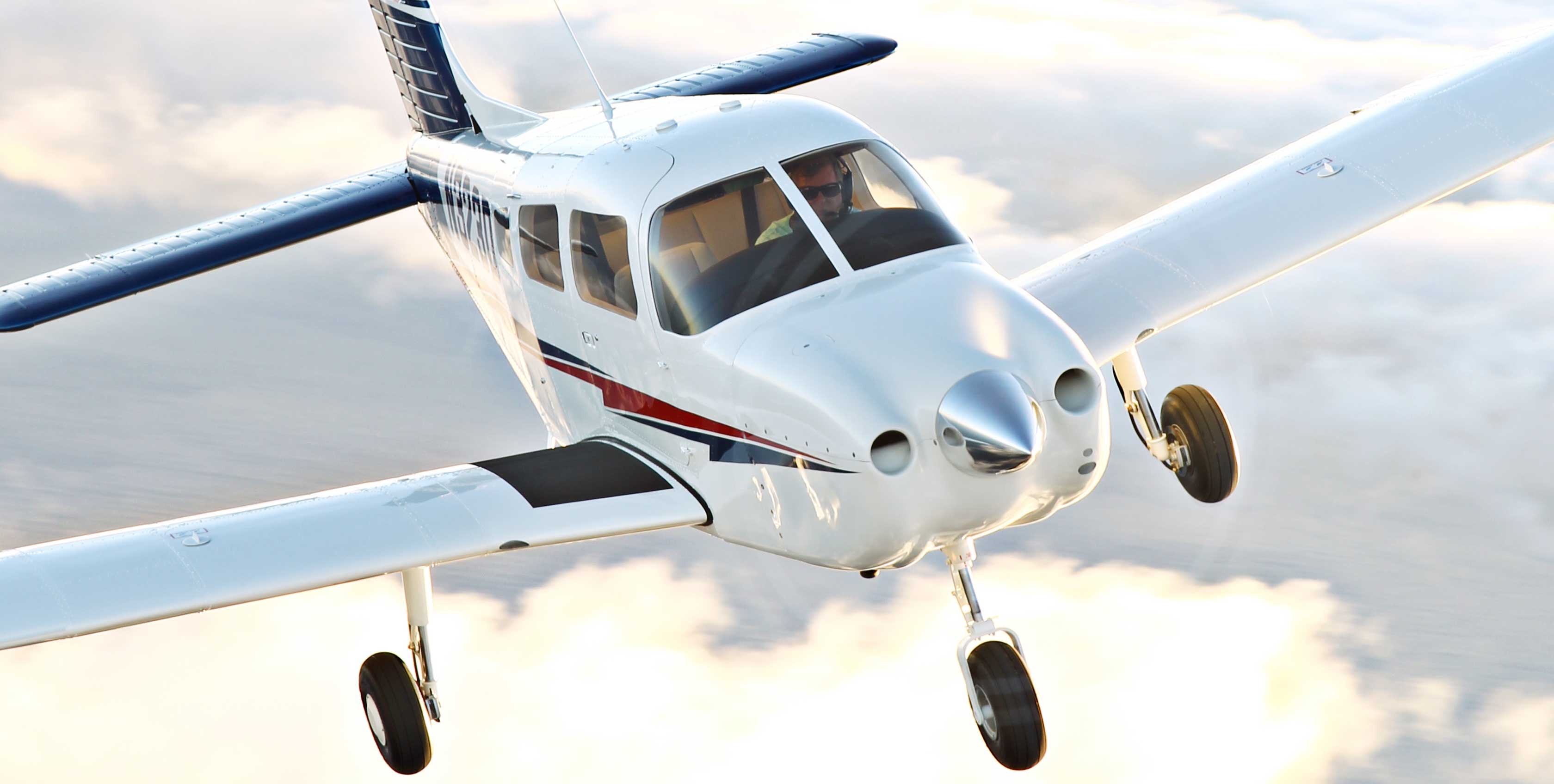What are the eligibility requirements for becoming an airline pilot?
How do I become a pilot?
How do I become a pilot for United Airlines?
How do I become a pilot for American Airlines?
Do I need a college degree to be a pilot?
How long does it take to become a pilot?
How long does it take to become a commercial airline pilot?
What is airline seniority?
What is a regional airline pilot's salary?
How much does it cost to become a commercial pilot?
How can I get a loan for flight school?
What pilot training programs are available?
What are the types of pilot licenses and certificates?
What is a student pilot certificate?
What is a private pilot license?
What is a commercial pilot license?
How to become a certified flight instructor (CFI)?
How to earn your ATP certificate?
How much do airline pilots make?
What is the current airline pilot hiring outlook?
What are the effects of COVID-19 on the airline industry?
What are the eligibility requirements for becoming an airline pilot?
Summary of educational, medical, legal, certification and qualification requirements to become a commercial pilot and fly for major and regional airlines.
What are the eligibility requirements for becoming an airline pilot? »
How do I become a pilot?
You can become a pilot. Learn how to become a pilot and get your pilot license, including requirements, eligibility, how long it takes, and cost.
How do I become a pilot? »
How do I become a pilot for United Airlines®?
ATP Flight School is the nation’s leader in airline-oriented flight training and has partnered with United to provide ATP students the fastest path to a successful pilot career with United. Learn more about United AviateSM.
How do I become a pilot for United Airlines? »
How do I become a pilot for American Airlines?
Accelerated pilot cadet program, offering a proven path to a pilot career at American Airlines.
How do I become a pilot for American Airlines? »
Do I need a college degree to be a pilot?
No, you don't need a college degree to become a pilot. Learn more about what the college education requirements are to become an airline pilot.
Do I need a college degree to be a pilot? »
How long does it take to become a pilot?
It takes three months to become a private pilot. In two and a half years, you can become a commercial airline pilot. Learn how you can become a pilot with ATP Flight School.
How long does it take to become a pilot? »
How long does it take to become a commercial airline pilot?
Enroll in accelerated flight training with ATP and go from zero experience to a commercial airline pilot, with 1500 hours, in two and a half years. Learn how you can become an airline pilot with ATP Flight School.
How long does it take to become a commercial airline pilot? »
What is airline seniority?
Airlines operate on a seniority-based system. Learn what this means for your career and why getting to the airlines first is important.
Airline seniority explained »
What is a regional airline pilot's salary?
The shortage of pilots qualified to fly for the airlines is causing regional airlines to offer signing bonuses, tuition reimbursement, and other incentives. Learn more about how much you will earn as a pilot.
Compare First-Year Pay at Each Regional Airline »
How much does it cost to become a commercial pilot?
ATP provides up-front, fixed-cost pricing in a way that differentiates us from most other flight schools and academies. With over 30 years of experience, ATP designs our flight training programs with enough flight time for the vast majority of students to be successful.
How much does it cost to become a commercial pilot? »
How can I get a loan for flight school?
ATP Flight School students can take advantage of Sallie Mae's lowest-rate undergraduate student loan product, thanks to the strong track record of graduates achieving their career goals.
Complete Guide to Flight School Loans »
What pilot training programs are available?
Complete list of aviation courses, flight training, and career pilot programs offered by ATP Flight School.
What pilot training programs are available? »
What are the types of pilot licenses and certificates?
Uncover everything you need to know about the privileges, requirements, and eligibility criteria associated with different pilot licenses and certifications from the introductory Student Pilot Certificate to the advanced Airline Transport Pilot (ATP) certification.
What are the types of pilot licenses and certificates? »
What is a student pilot certificate?
The student pilot certificate is a requirement in order to fly a powered aircraft by yourself, known as “soloing” in aviation.
What is a student pilot certificate? »
What is a private pilot license?
A Private Pilot License (PPL) is the first major milestone on the road to a career as a pilot. Learn about the private pilot license; including privileges, requirements, eligibility, and how to earn your private pilot license.
What is a private pilot license? »
What is a commercial pilot license?
Learn all about a commercial pilot license, including privileges, requirements, eligibility, and how to earn this pilot license.
What is a commercial pilot license? »
How to become a certified flight instructor (CFI)?
Learn all about earning your flight instructor certification, including privileges, requirements, eligibility, and salary information.
How to become a certified flight instructor? »
Learn all about earning your flight instructor certification, including privileges, requirements, eligibility, and salary information.
How to become a certified flight instructor? »
How to earn your ATP certificate?
An ATP certification will also open a wide array of pilot job opportunities with various corporate and private air carriers. Learn more about the Airline Transport Pilot (ATP) Certification, such as, eligibility requirements and flight experience requirements.
How to Earn Your ATP Certificate? »
How much do airline pilots make?
Flying is a rewarding career, both financially and in terms of job satisfaction. Pilots undertake intensive training to develop a highly unique skill set. As a result, commercial pilots are paid well.
What is a commercial pilot’s salary? »
What is the current airline pilot hiring outlook?
Commercial airline pilot job career information; airline pilot hiring, pilot salary, retirement numbers, military pilot population reduction and the overall upcoming pilot shortage discussion.
What is the current airline pilot hiring outlook? »
What are the effects of COVID-19 on the airline industry?
Long-term pilot career outlook in response to COVID-19, including long term hiring trends, projections, retirements, and the effects of postponing flight training.
What are the effects of COVID-19 on the airline industry? »


